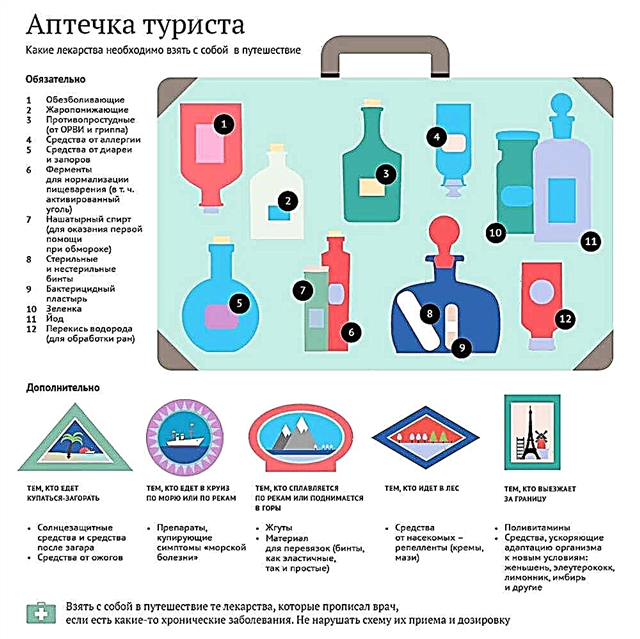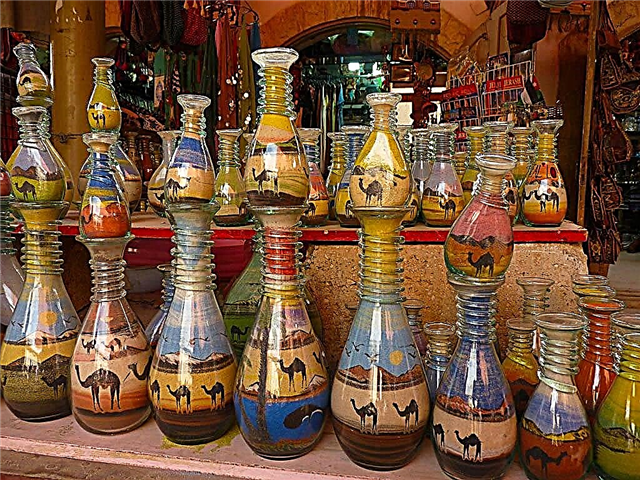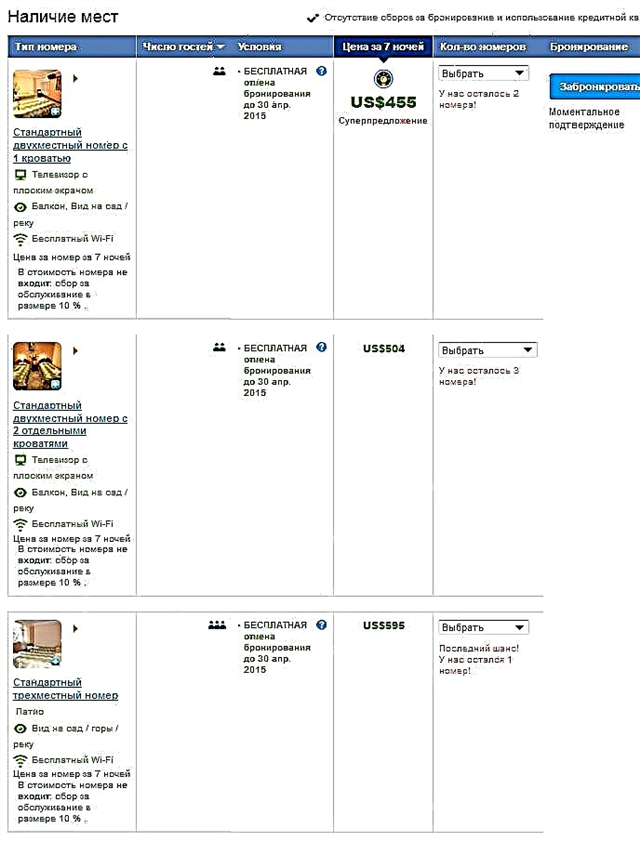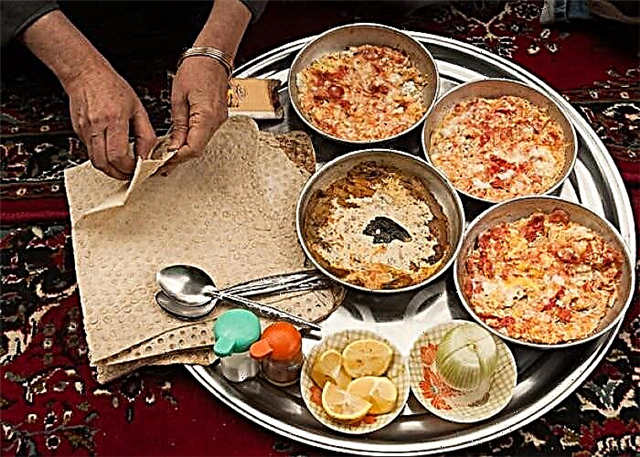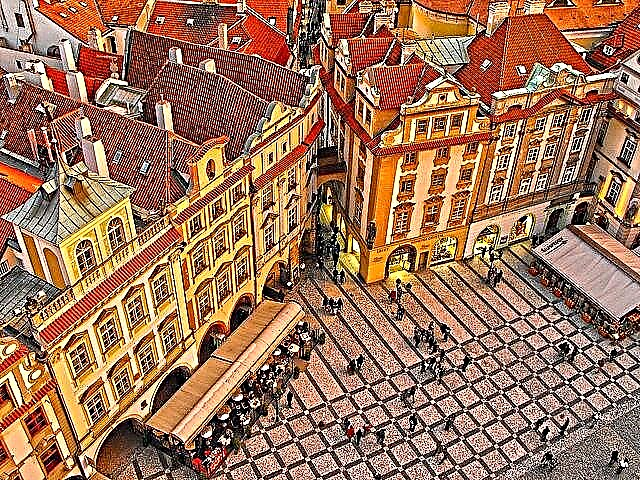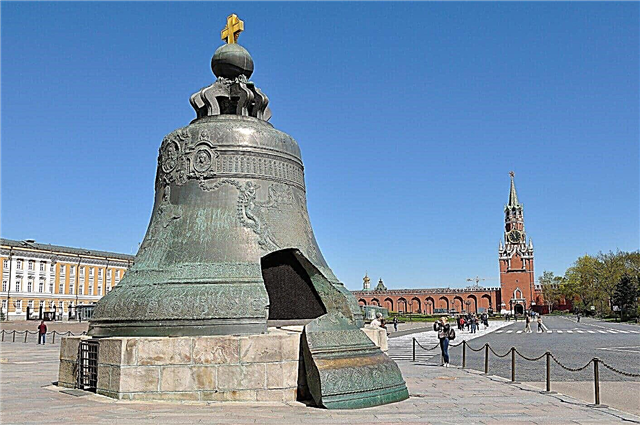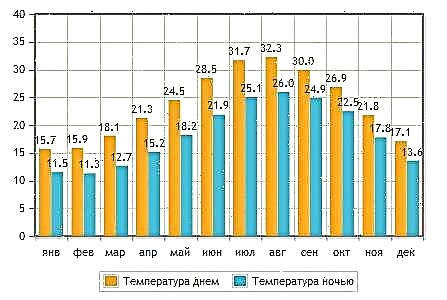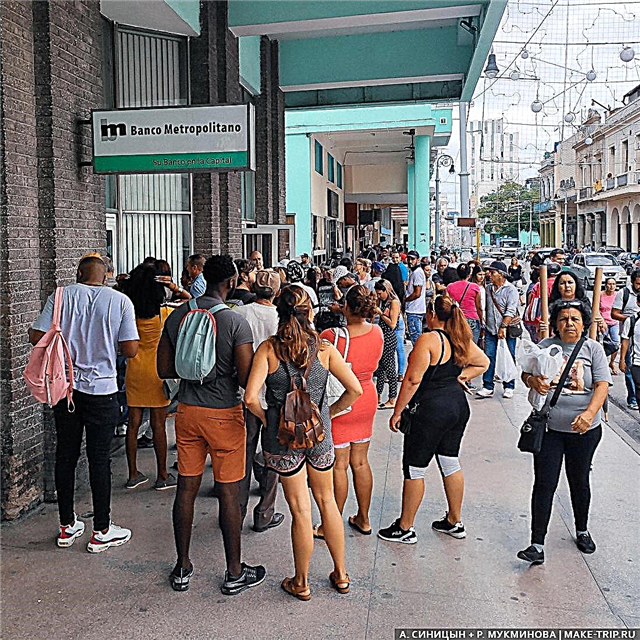
My observations about the life of ordinary Cubans. What does their reality consist of? How poor are they? What difficulties and hardships do they experience? Let's see.
Poverty
God, how poor they are! Enjoy the well-fed life in your country, abundance and all-accessibility! Not everywhere in the world everything is so good. Here in Cuba, poverty, devastation, shortages, food coupons, empty shelves in stores, queues.



It's hard to live here, and even money doesn't save much. To collect a full grocery basket, you will have to go around half the city: in one place they sell bread, in another - eggs, in the third - meat, in the fourth - rice ... There are no supermarkets we are used to in Cuba, and those that exist are small and with an assortment in five products.
Everything that is not according to coupons, that is, in excess of the norm, is expensive. How do you like a dollar and a half water? Even for us, the bourgeoisie, it is expensive, but what about ordinary Cubans? They have an average salary of $ 18, and even engineers only have $ 50.
On the other hand, I hardly saw homeless people in Cuba, crime is low here, people are cheerful, polite and friendly. They live poorly, but they do not feel evil towards foreigners. I can’t say that the locals go out of their way to cash in on newcomers - everything is within the normal range, just like in any tourist place.
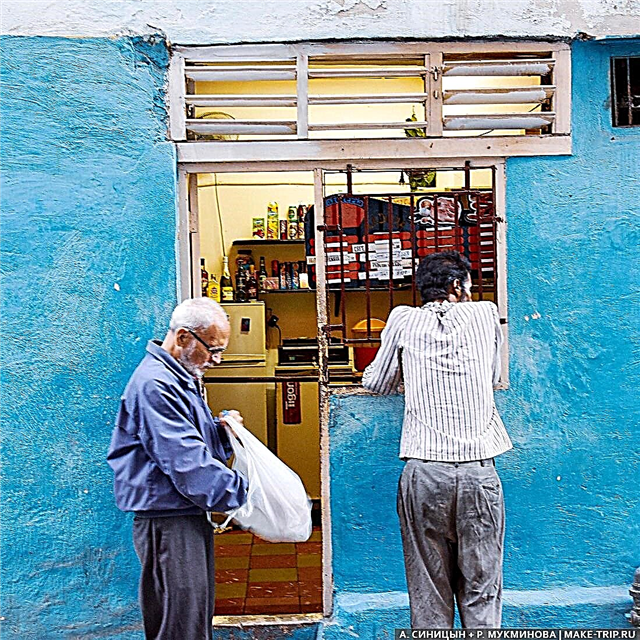


Empty shelves
Having stores in Cuba helps little. There is nothing to buy there!
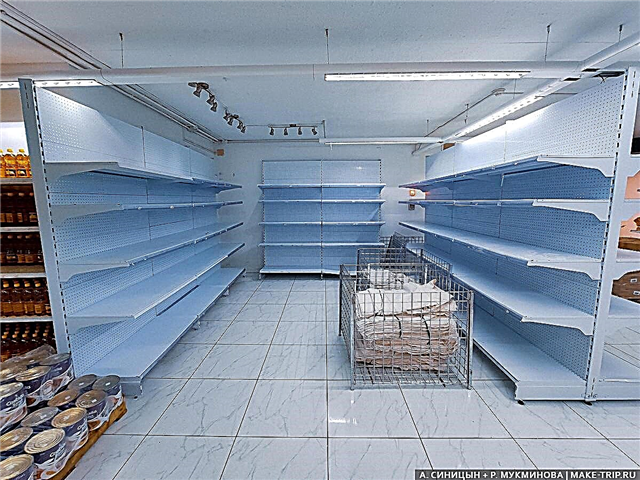
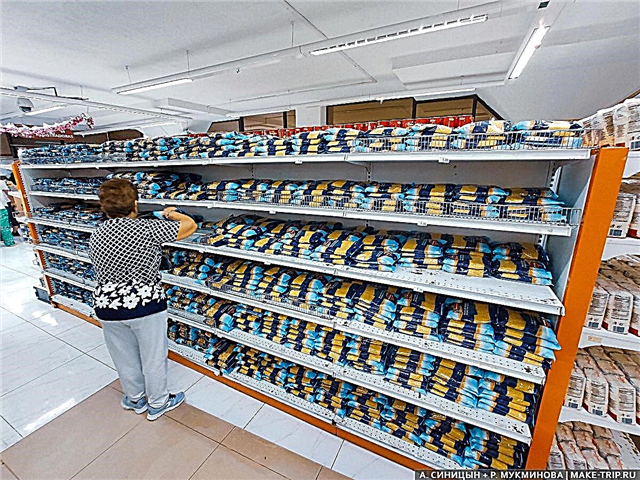

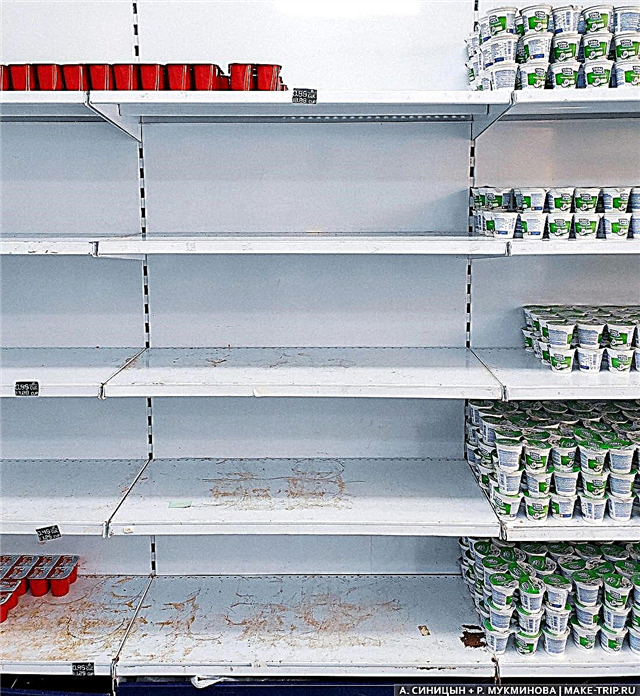



State order next in line
Queues in Cuba are senseless and merciless! This is the norm of life, they are ubiquitous, they are with or without reason. In institutions, at bus stations, in exchange offices, and even in cafes during rush hours. In supermarkets, there is generally a double test: first you stand in line at the entrance, then at the checkout. And at the bus station absolutely Kafkaesque game is going on: first you stand in line at one window to book and pay for a ticket, then you pass the same test in the second window for the ridiculous operation of exchanging a ticket from the first window for a real ticket.

They move unbearably slowly - everything happens five times longer than is required in a normal situation. For example, there were eight people in front of me in the queue at the bus station ticket office, it took me an hour and a half to get to the cherished goal, despite the fact that there were two cashiers working. Aunts at the checkout, as is customary under a bureaucratic regime, sadistically enjoy their power over people and do everything to properly torment the client.
To understand the situation, I note that half of one day in Havana was spent on three simple (as it seemed at first) things: buying a bus ticket, exchanging currency, printing a document from a flash drive. Half a day. We spent it standing in lines and looking for the necessary institutions.

Queues - strong and efficient control and discipline tool... It's like a formation in the army, but even steeper and deeper in terms of psychological impact. The queue is more legitimate: it is not built by someone else's order, it arises due to natural reasons, it is perceived as a norm, as an unshakable part of the universal order, as a cosmos that conquers chaos. The queue is useful to the state: it educates and disciplines a person, it teaches to endure, endure and endure again. The queue teaches you to suffer, to overcome hardships for the sake of a reward at the end. The queue dissolves individuality, equalizes, averages. The queue eradicates at the root the rudiments of rebellion and creativity, it teaches categorically and resignedly to obey the established order and not even think about the possibility of an alternative.


What I guard is what I have
As it should be in a socialist country, people in Cuba live according to the principle: what I protect, so I have. This attitude greatly helps them to survive in this poor country.
We went to the observation deck in Trinidad. It is located in the mountain, where there is a communication tower.
Of course, the facility is fenced and guarded.
Of course, the guard does not sleep - he cordially lets tourists into the territory and even conducts a mini-excursion.
Of course, a small reward awaits him. And it is this, I am sure, that makes up most of his earnings: with the national average salary of $ 18 per month, $ 1-2 from each tourist, of whom there are many, are a good help.

Outcomes
Cubans have a difficult life: they experience many hardships that we have already happily forgotten. It is hard and sad to see their society in such a deplorable state, because they should not live like this. Cubans — intelligent, well-mannered and decent people, and not some yesterday's savages, on whom "civilization" fell and they do not know what to do with it. People in Cuba definitely deserve more. And I really hope that the current generation of Cubans will live to see those glorious times.
As for us travelers, here There is nothing to think about - you have to go to Cuba! This is one of the most colorful, interesting, authentic countries in the world. In the era of globalization, all countries are becoming more and more similar to each other, but Cuba stands alone - there is no other such country. It's sooo interesting here! Yes, quite expensive. Yes, it's uncomfortable. Yes, difficult, and sometimes oh, how difficult. But what the hell is this bright country! And you need to have time to see it now, before it changes forever.



